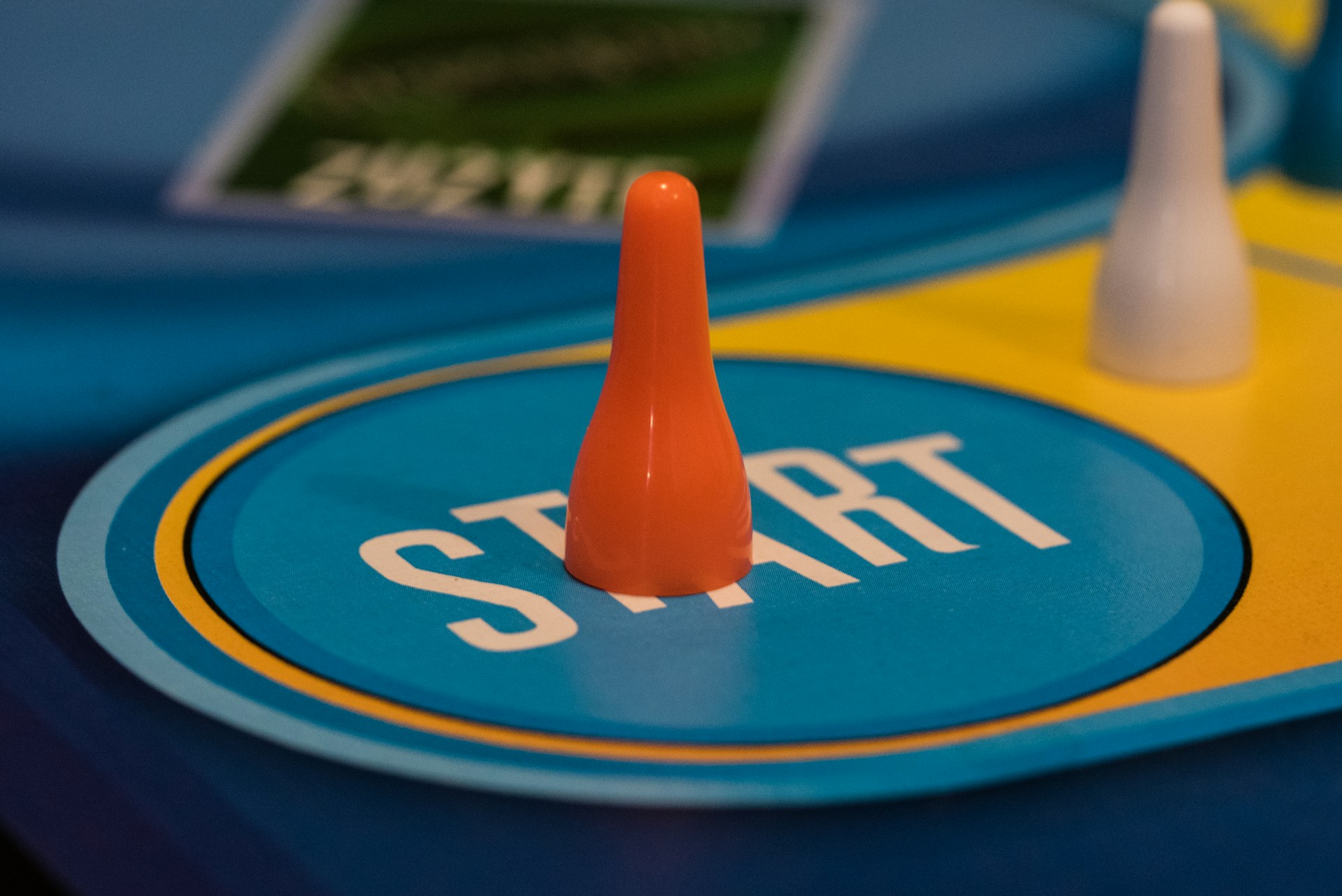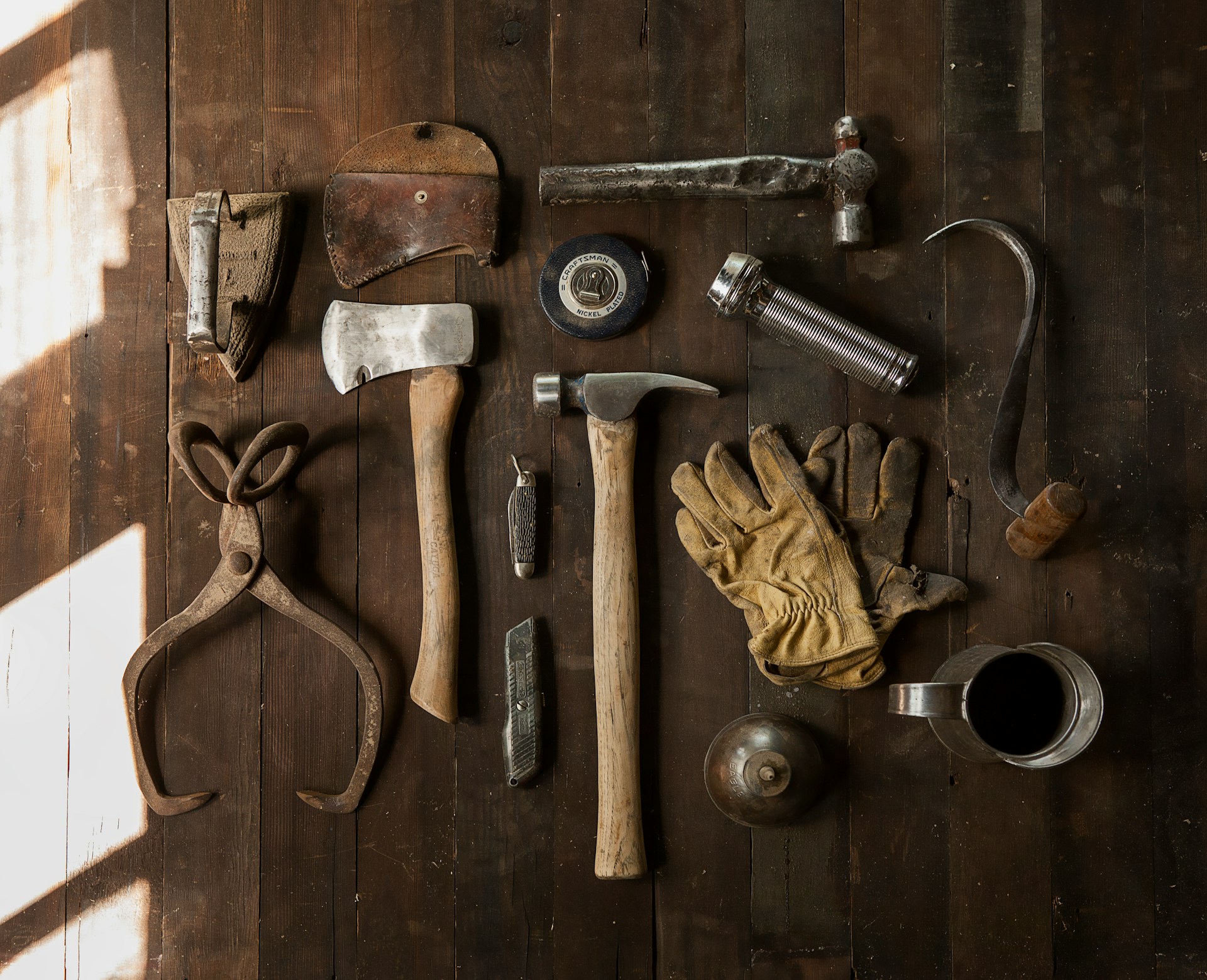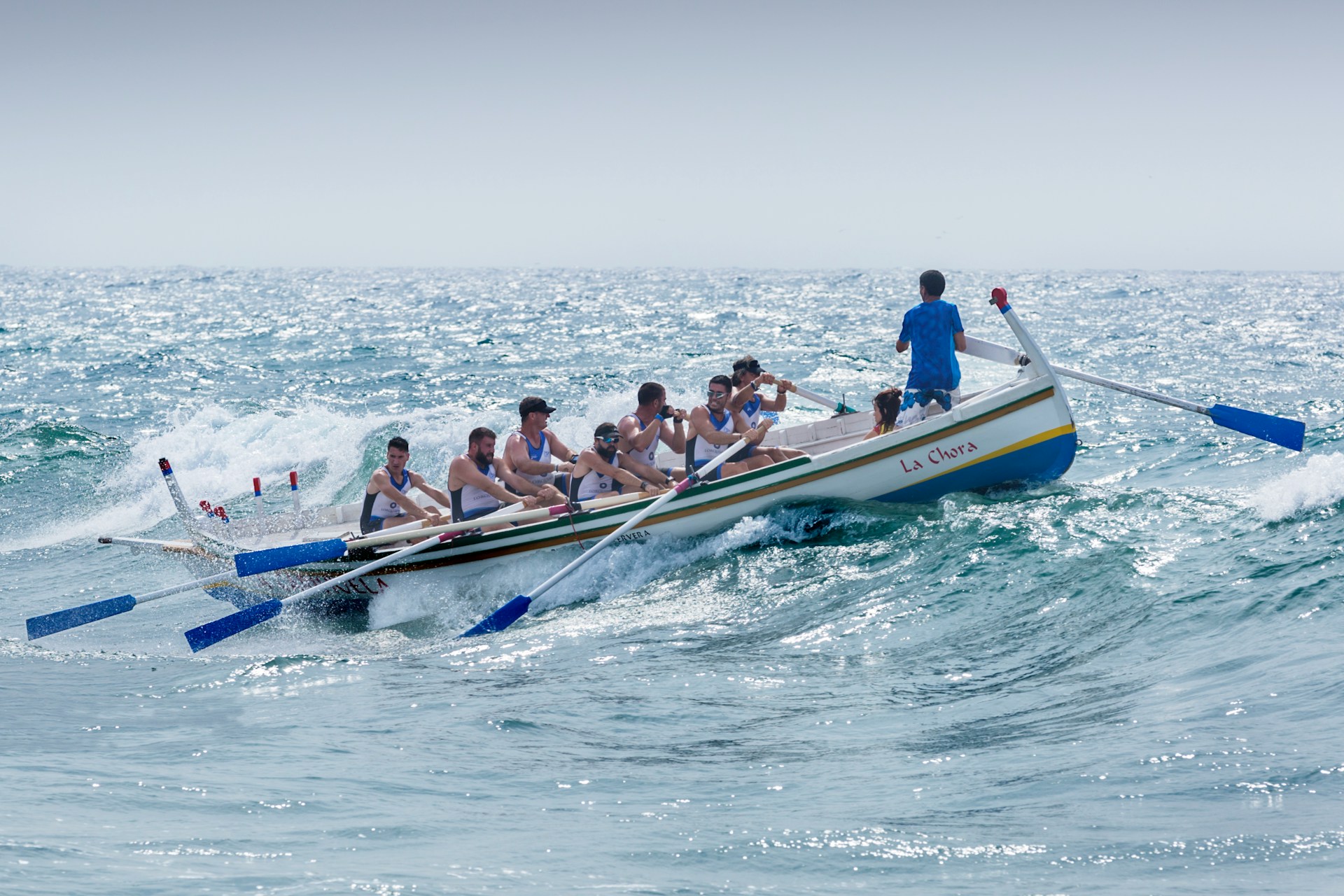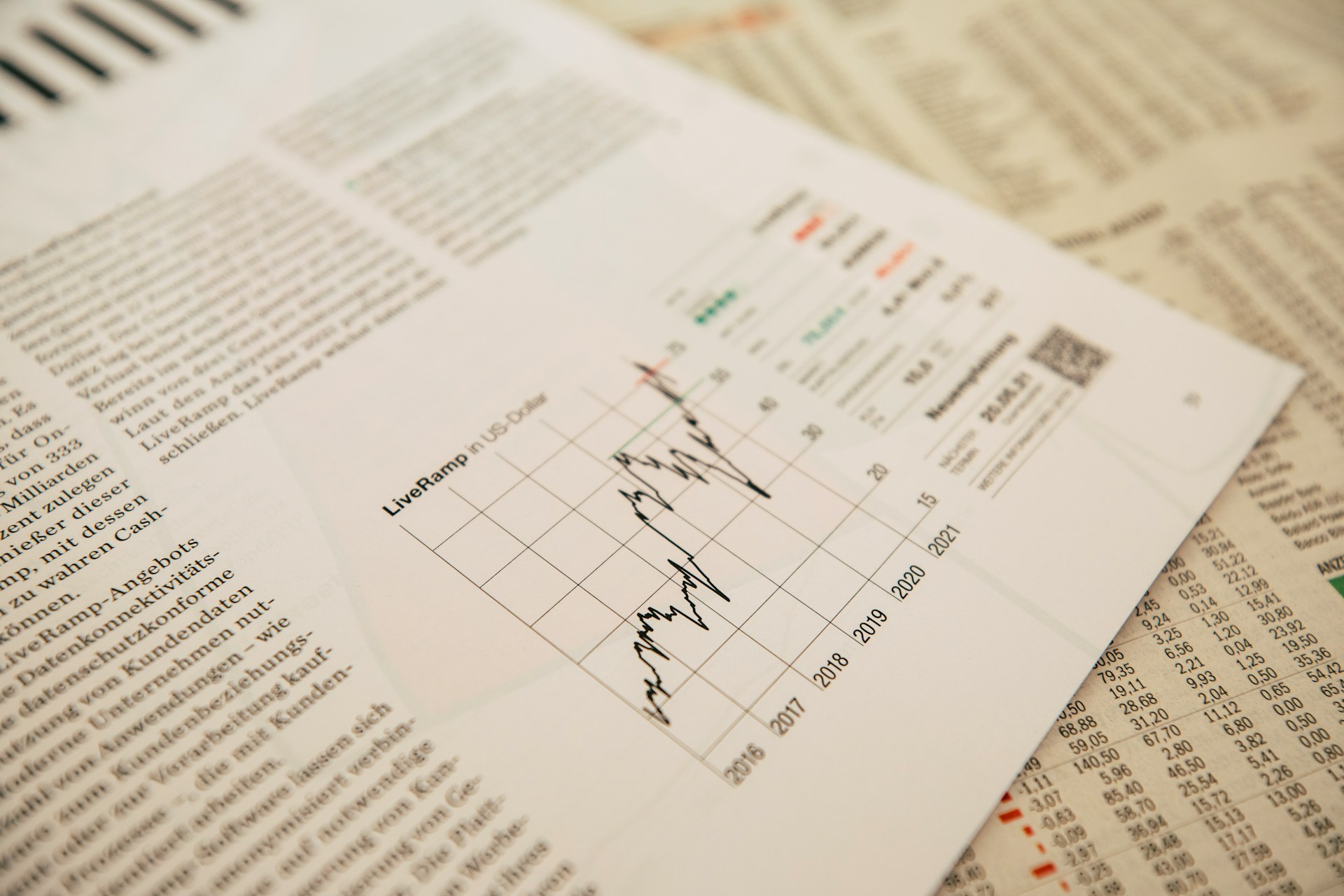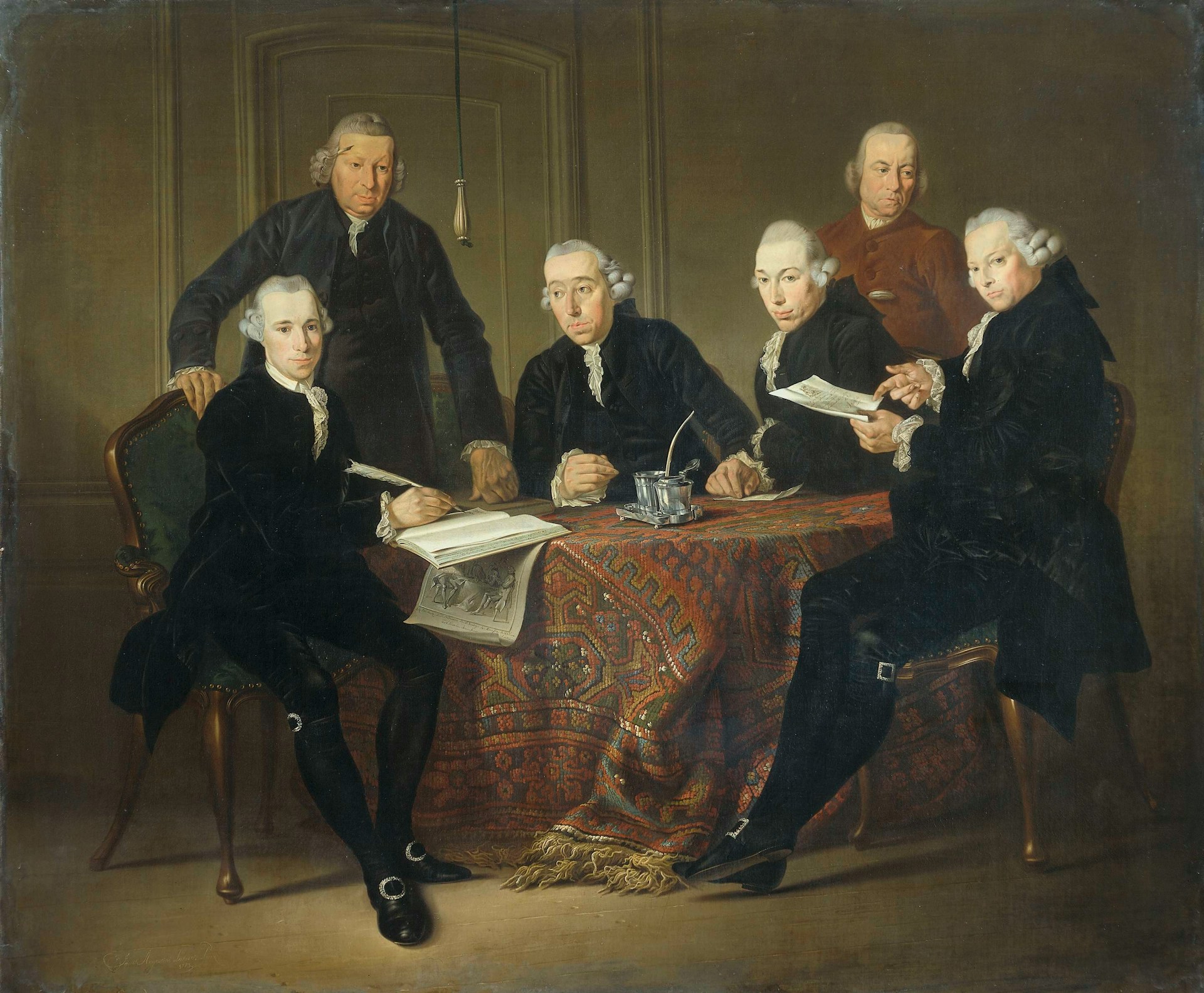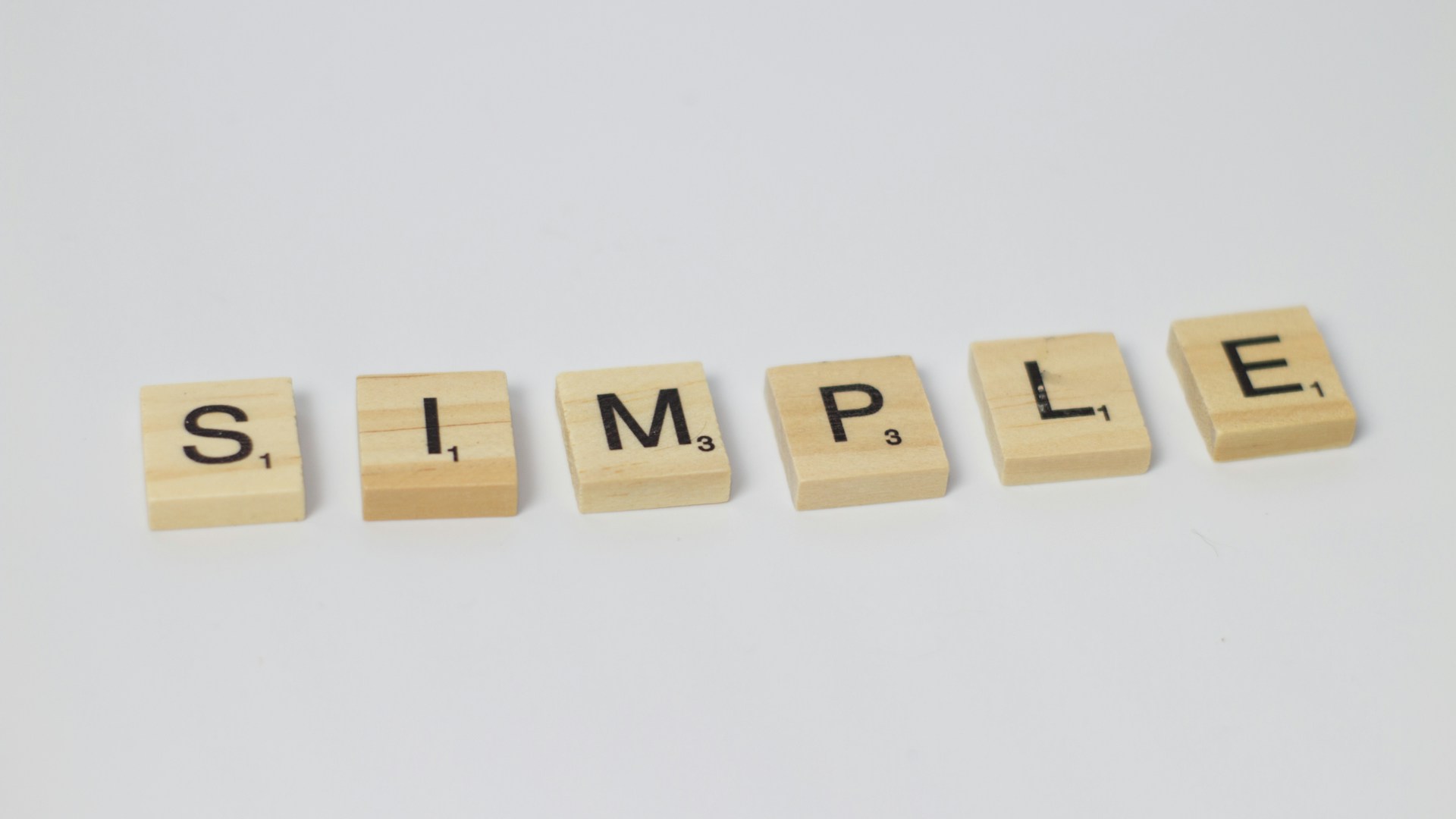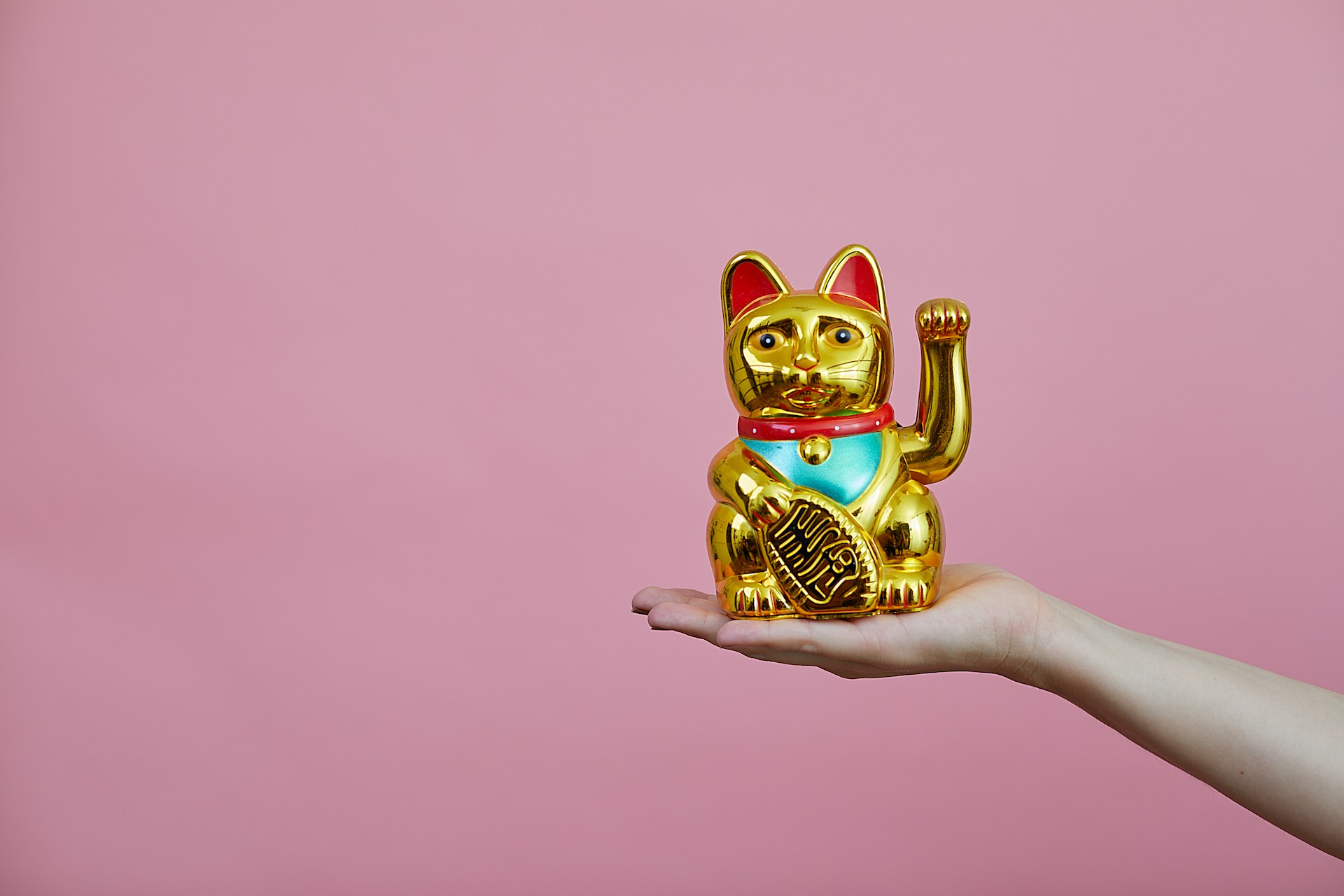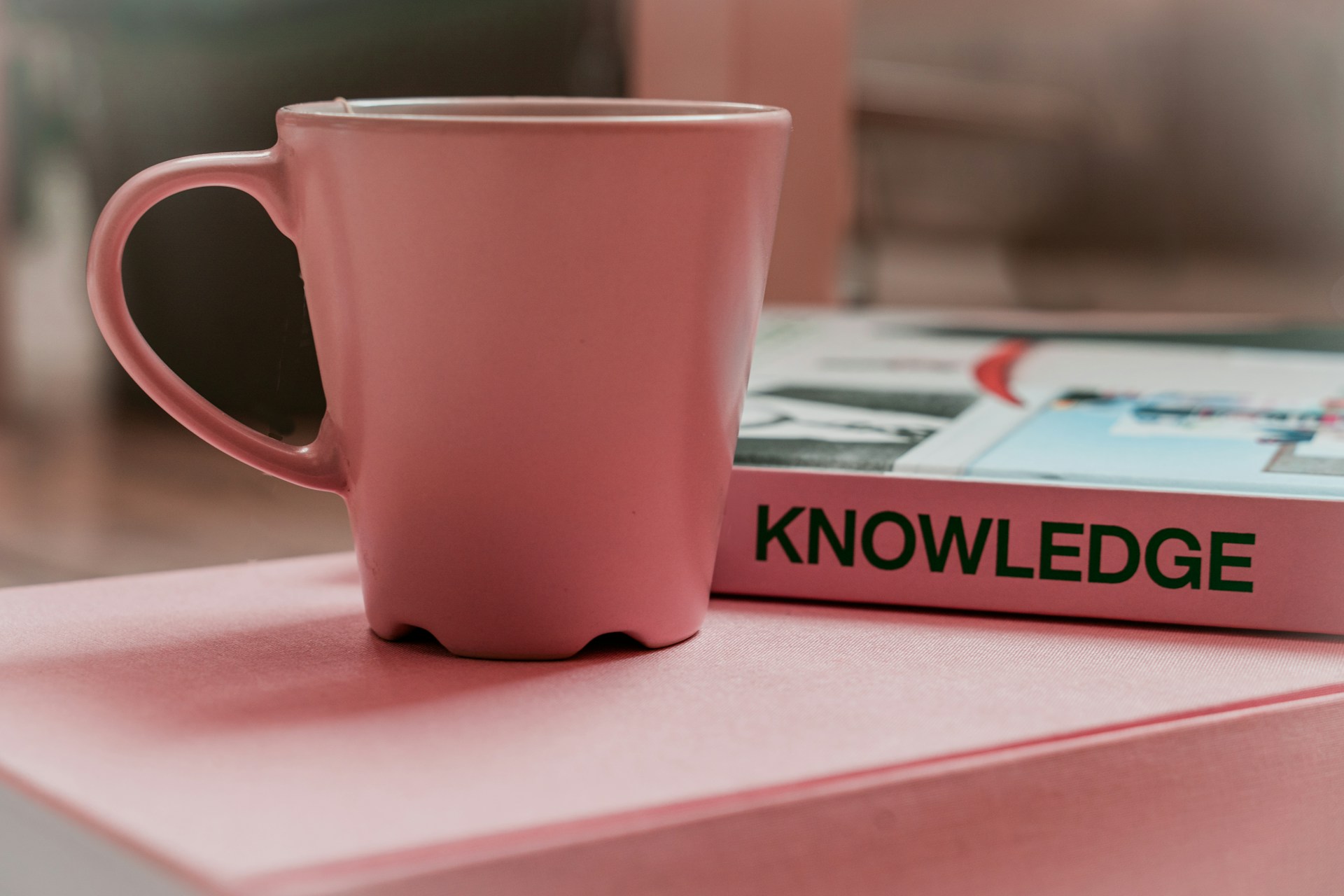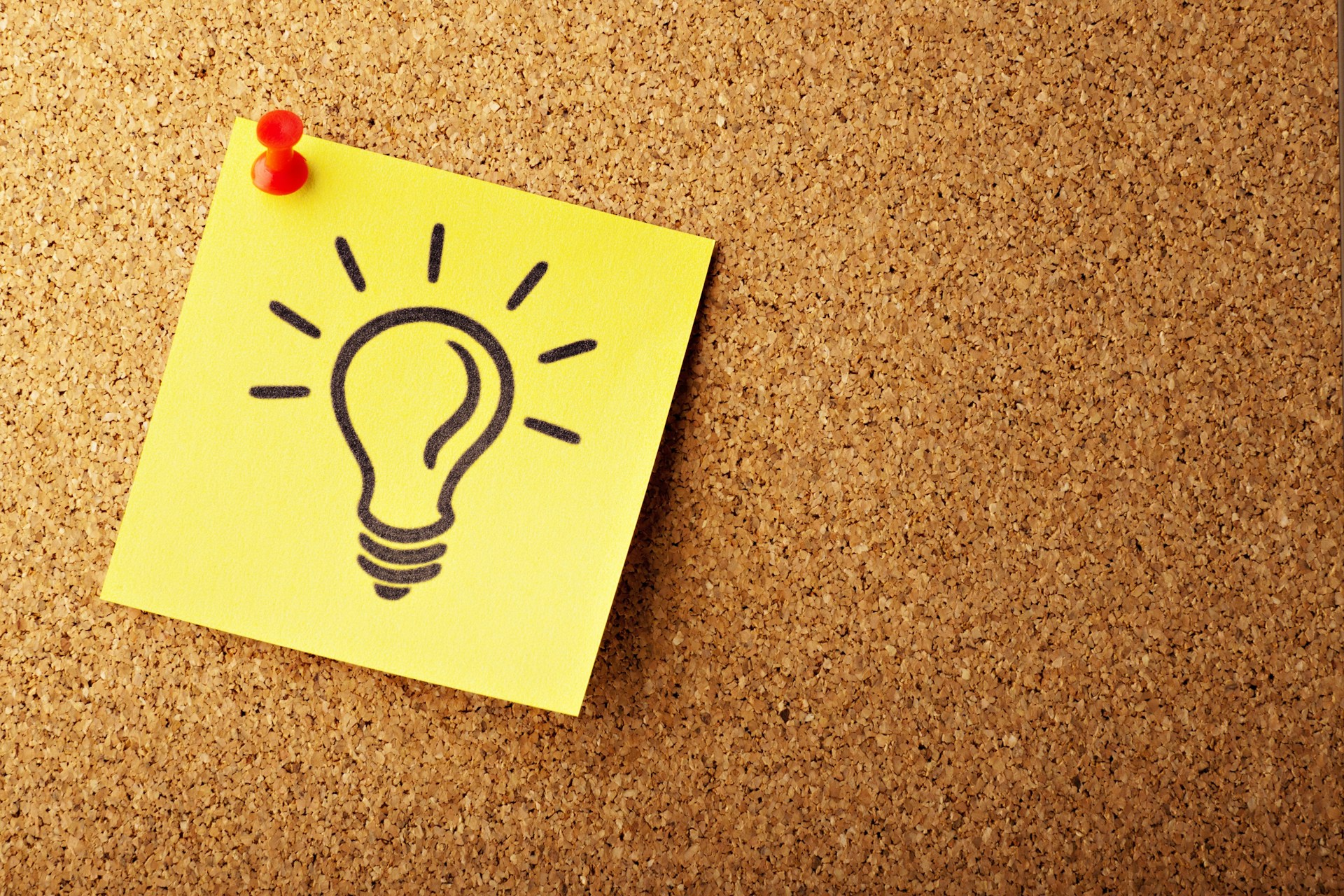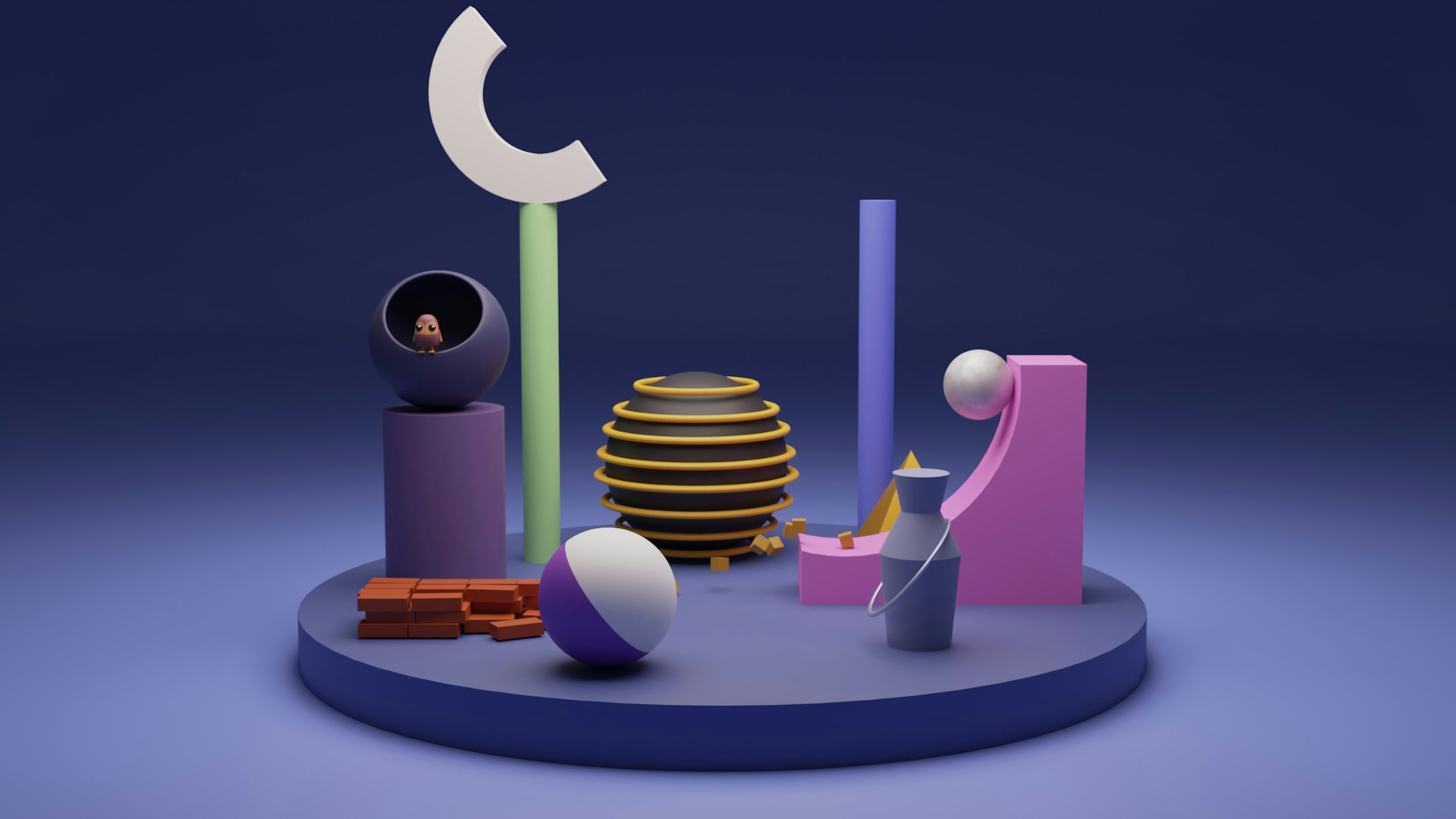I've been involved in several discussions about innovation this week. Topics like Apple's Vision Pro, AI, Tesla, Neuralink, the Metaverse, Cryptos and the list goes on…
All those mentioned above are indeed innovative projects and concepts. They disrupt large, traditional industries and have the potential to reshape the global economic landscape if they scale.
I want to take a different approach to discussing innovation by describing the story of a particular invention. This is a simple yet innovative product that is used 96 million times per day, ONLY in Great Britain.
The invention is based on the second most widely consumed drink in the world (water being the first):
Teabags.
Yes, the ones we use to drink our tea.
Teabags are considered one of the greatest inventions due to their widespread use across the world. Commercial production started in the 1920s, and they were initially available in two sizes: a larger bag for the teapot and a smaller one for the cup.
Their primary Unique Selling Proposition (USP) is the same as what we still find in most successful companies today. It's also the primary USP for e-food:
Convenience.
Teabags provide a convenient way to drink your tea, as you don't need to remove the tea leaves from your cup.
Teabag production has undergone many optimizations (such as becoming plastic-free, heat-sealed, affordable on a mass scale, etc.) in order to reach the final version that we have today. But the moral of this invention is what I appreciate most and what I currently embrace:
Innovation does not always have to be complex or high-tech. Many of the most impactful inventions are those that simplify or enhance our daily routines in some way.
Other relevant examples:
- QR codes
- Ballpoint-pens
- Reusable water bottles
- Can opener
- Post-it note
- Paperclip
- Toothbrush
- Zip
- Socks
- Pockets
Relevant book:
Relevant posts:
![[Notes] PM Habits Seminar: Get Shit Done by Shreyas Doshi](https://images.unsplash.com/photo-1517842645767-c639042777db?ixlib=rb-4.0.3&q=90&fm=jpg&crop=entropy&cs=srgb&w=1920)

![[Guide] PM Growth assessment example](https://images.unsplash.com/photo-1484480974693-6ca0a78fb36b?ixlib=rb-4.0.3&q=90&fm=jpg&crop=entropy&cs=srgb&w=1920)
![[Guide] Product hiring framework](https://images.unsplash.com/photo-1635350736475-c8cef4b21906?ixlib=rb-4.0.3&q=90&fm=jpg&crop=entropy&cs=srgb&w=1920)
![[Hot take] End of Software?](https://images.unsplash.com/photo-1495055154266-57bbdeada43e?ixlib=rb-4.0.3&q=90&fm=jpg&crop=entropy&cs=srgb&w=1920)





